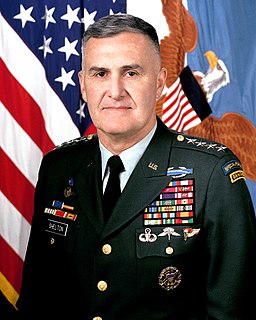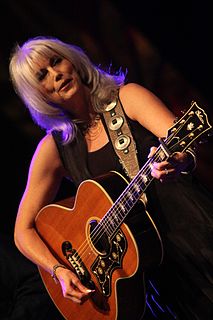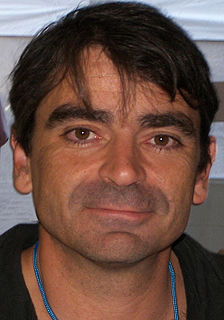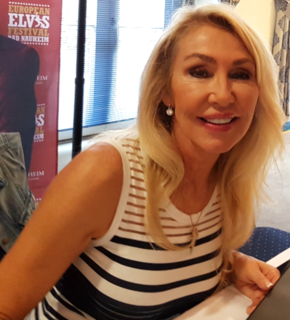A Quote by Hugh Shelton
I, first of all, felt a great sense of loss, a sense of condolence for the friends that I had that were killed in that, for the loved ones.
Related Quotes
Can you remember how you felt when you were communicating through your artwork? Not just the sense of completion, but the sense of rightness- the sense that you had brought to life something that could live beyond your sphere of being, that held in it far more potential than you ever realized you were imbuing in the work?
Once I've properly finished a book, my ideal state of being would be to never think about it again. But with 'Capital,' I felt I'd spent so much time with the characters that they were very, very real, and I definitely had a sense of loss about leaving them behind in a way I've not quite had before.
I felt shame - I see this clearly, now - at the instinctive recognition in myself of an awful enfeebling fatalism, a sense that the great outcomes were but randomly connected to our endeavors, that life was beyond mending, that love was loss, that nothing worth saying was sayable, that dullness was general, that disintegration was irresistible.
The paradox of love is that to have it is to want to preserve it because it's perfect in the moment but that preservation is impossible because the perfection is only ever an instant passed through. Love like travel is a series of moments that we immediately leave behind. Still we try to hold on and embalm against all evidence and common sense proclaiming our promises and plans. The more I loved him the more I felt hope. But hope acknowledges uncertainty and so I also felt my first premonitions of loss.
I had to detach myself from myself, if that makes any sense, to conjure an authentic first-person voice. In that sense, it was similar to writing a first-person novel. But I was writing about real people, not fictional ones - myself, my family, my friends and boyfriends and ex-husband, and that was extremely tricky.





































